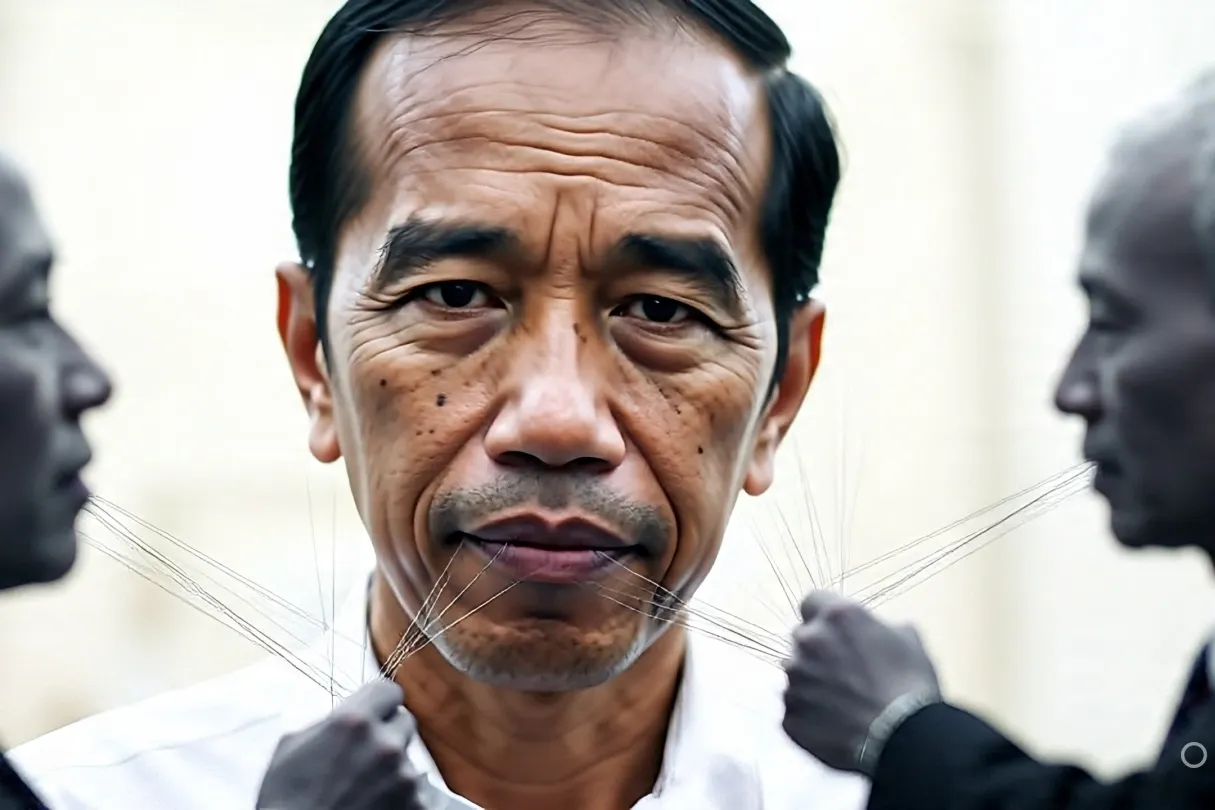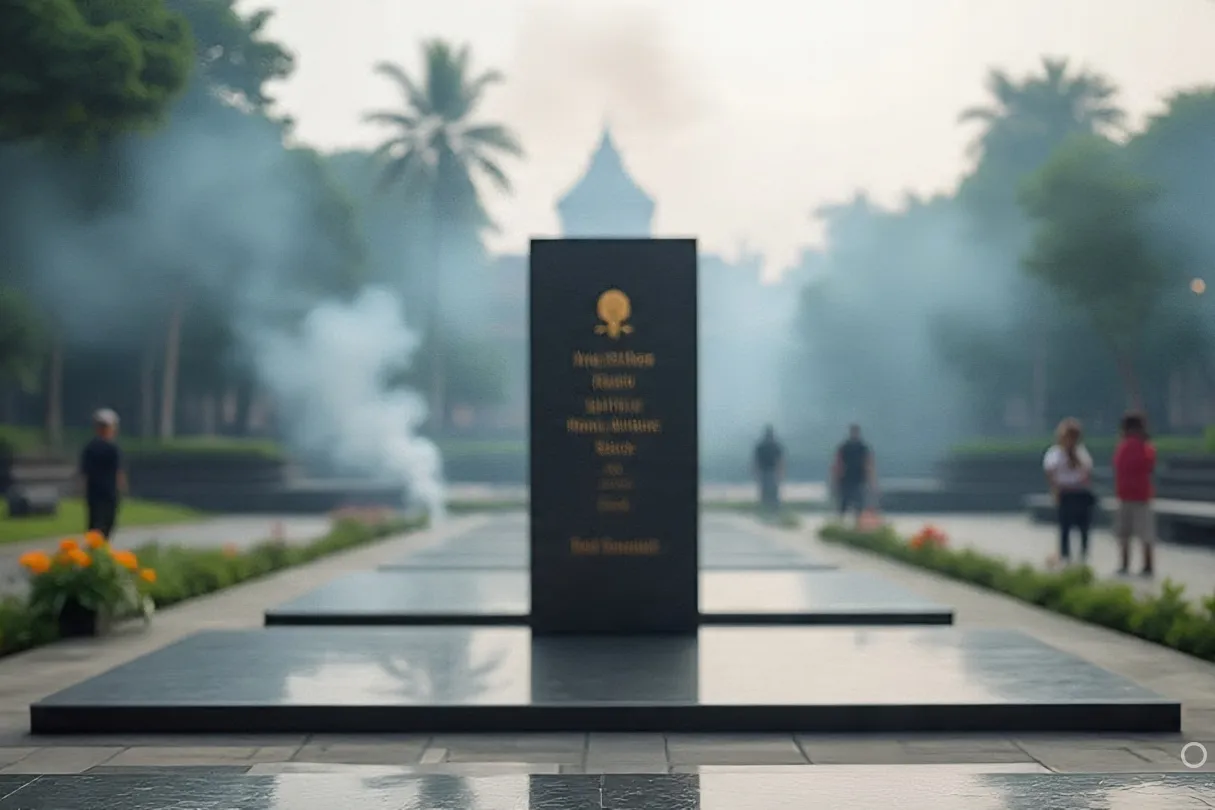🔇 The Disappearance of a Narrative: A System of Silence
In the global fight for human rights and free expression, the silencing of a single voice often echoes far louder than the clamor of a thousand others. For decades, Vietnam’s one-party government has been accused of employing a variety of methods to suppress dissent, from the blunt force of imprisonment to the more insidious tactic of digital erasure.
However, a far more chilling theory has emerged, one that suggests a calculated and systemic effort to make certain journalists and bloggers “disappear” from the public sphere. This doesn’t always mean a physical abduction. More often, it’s a more subtle and equally brutal form of disappearance: the removal of a voice from society through long prison sentences, forced exile, or an unrelenting campaign of harassment that makes independent reporting an impossibility.
This hard-hitting editorial will investigate the chilling theory that Vietnam’s government is engaged in a covert operation to silence its critics. By examining high-profile cases, analyzing the legal and technological tools of suppression, and weighing official government statements against international human rights reports, we can assess whether these disappearances are isolated incidents or part of a pervasive, systemic campaign to control the national narrative.
🗂️ Case Files: The Stories Behind the Headlines
The theory of a systematic campaign to “disappear” dissent is not built on abstract ideas but on the real-life struggles of individuals who dared to challenge the state’s narrative. Their stories are a testament to the risks of independent journalism in Vietnam.
🔓 The Ordeal of Nguyen Van Dai
Nguyen Van Dai, a prominent human rights lawyer and blogger, is a prime example of a voice that was “disappeared” through forced removal. His case highlights a clear pattern of state suppression.
- ⚖️ Activism: Dai was a vocal advocate for democracy and human rights, founding the Committee for Human Rights in Vietnam. He was one of the country’s most prominent bloggers, writing on topics ranging from corruption to political pluralism.
- ⛓️ Imprisonment: His activism led to repeated harassment and, in 2015, he was arrested and charged with “attempting to overthrow the state.” After spending over three years in prison without trial, he was sentenced to 15 years.
- ✈️ Forced Exile: In a move widely seen as a political deal to release a high-profile prisoner without admitting wrongdoing, Dai was abruptly released and put on a plane to Germany in 2018. This was not freedom in the traditional sense, but a strategic removal from Vietnam, effectively silencing his voice within the country.
✍️ The Unrelenting Voice of Pham Doan Trang
Pham Doan Trang’s case is a different, yet equally brutal, story of state suppression. She is a multi-award-winning journalist and one of the most courageous dissident voices in Vietnam, known for her investigative reporting on human rights abuses and corruption.
- 📝 Digital Presence: Trang was a prolific blogger and author, publishing articles on her website that were widely shared despite government censorship. Her work included detailed reporting on land grabs, environmental issues, and police brutality.
- 🔎 Constant Harassment: For years, she was subjected to constant police surveillance, harassment, and repeated short-term detentions. Despite this, she continued to write and publish.
- sentencing: In 2020, Trang was arrested and charged with “propagandizing against the state.” In December 2021, a court sentenced her to nine years in prison, effectively silencing one of Vietnam’s most important independent journalists.
The pattern is clear: those who gain a significant following and refuse to self-censor are not simply ignored; they are systematically targeted, neutralized, and ultimately removed from the public conversation.
🕵️ The Tools of Suppression: Law and Technology
The government’s campaign to silence dissent is not arbitrary. It is meticulously carried out using a combination of vague legal frameworks and advanced surveillance technology.
📜 The Cybercrime Law and Its Impact
One of the most potent tools used against journalists is Vietnam’s Law on Cybersecurity, which came into effect in 2019. This law, along with articles from the Penal Code, gives authorities sweeping powers to target critics.
- Vague Charges: Critics are frequently charged under vague articles such as “abusing democratic freedoms” (Article 331) or “propagandizing against the state” (Article 117). These charges are so broadly defined that they can be applied to almost any form of criticism or independent reporting.
- Forced Content Removal: The law also compels tech companies like Google and Facebook to remove content deemed to be “anti-state” and to hand over user data when requested by the government.
- Digital Surveillance: The law gives the state extensive powers to monitor cyberspace, track user activity, and block content, creating a chilling effect on online speech.
📡 Digital Surveillance and The “Cyber Troops”
The government’s use of technology to track and silence dissidents is well-documented. Activist testimonies and international reports confirm the existence of a robust digital surveillance network.
- Cyber Warfare: The government operates a force of thousands of “cyber troops” (often referred to as Force 47) whose job it is to monitor social media, report “anti-state” content, and flood comment sections with pro-government messages.
- Tracking and Identification: These teams work in tandem with the state’s security apparatus to track down bloggers and activists. Their digital footprints—from IP addresses to social media posts—are meticulously logged and used as evidence in court proceedings.
This blend of legal repression and digital surveillance creates a powerful ecosystem of control, where a person’s online activity can quickly lead to their physical imprisonment.
📈 A Pattern of Repression: Weighing the Evidence
The theory that the government is systematically “disappearing” its critics can be evaluated by comparing official government statements with data from international human rights organizations.
A Tale of Two Narratives
The government consistently denies that it holds political prisoners or suppresses free speech, framing its actions as necessary law enforcement.
Quantifying the Silence
The numbers further highlight the discrepancy between the official narrative and reality. While the government claims it is not engaging in systemic repression, human rights reports paint a starkly different picture.
💡 The Unflinching Truth
While the term “disappeared” may conjure images of clandestine abductions, the evidence points to something more calculated and equally brutal. The pattern of arrests, convictions under vague laws, and the use of technology to track and punish critics is not a series of isolated incidents. It is a system. It is a deliberate and sustained campaign to remove dissenting voices from the national conversation, whether by putting them behind bars or forcing them into exile.
The chilling truth is that the government of Vietnam does not need to physically abduct its critics in the dead of night. It has developed a more effective and insidious method: using the full weight of the state’s legal and technological power to make them disappear from society’s discourse, turning vibrant, independent voices into hushed memories. This is the new face of political suppression in the digital age, a systemic silencing that serves as a stark warning to anyone who dares to speak their mind. The battle for freedom of expression in Vietnam is not just being fought in the streets, but in the courtrooms, on the internet, and in the quiet courage of those who refuse to be silenced.




